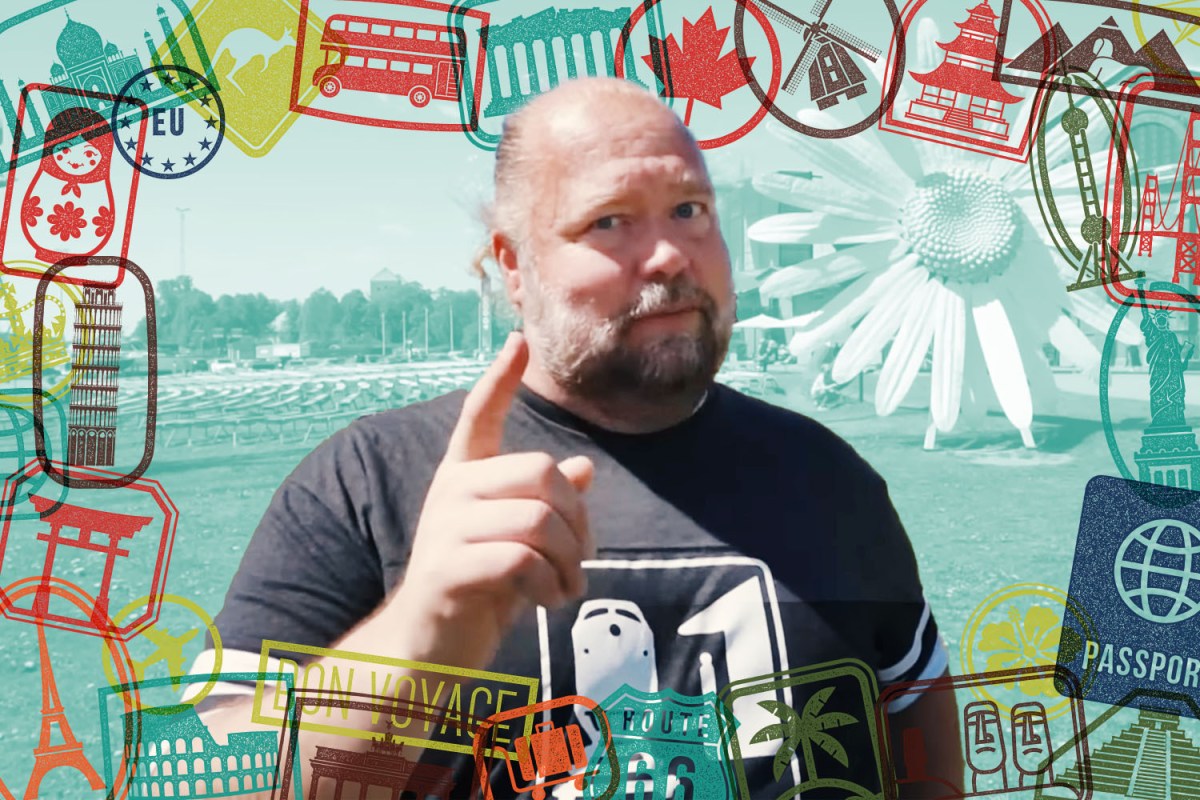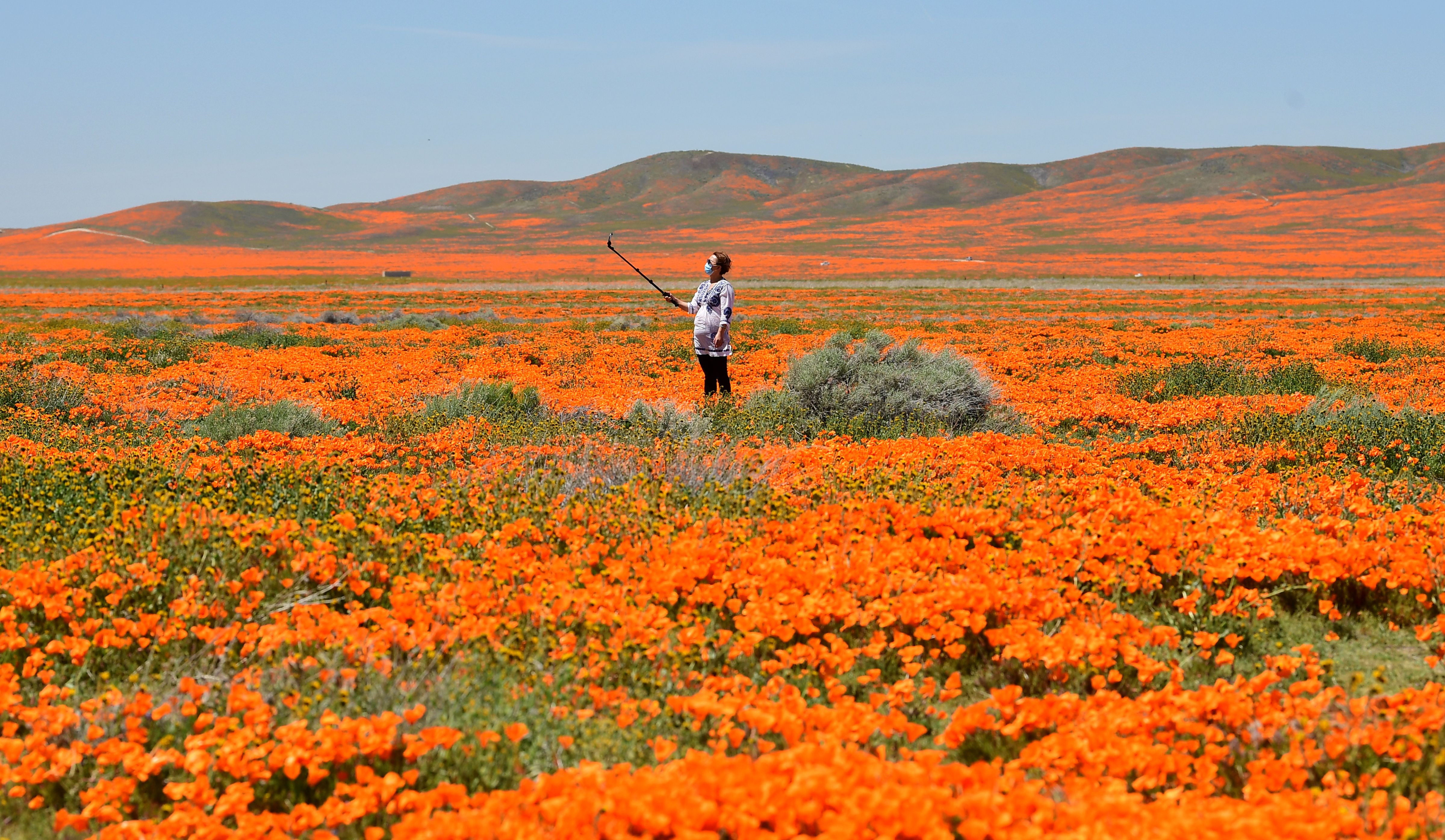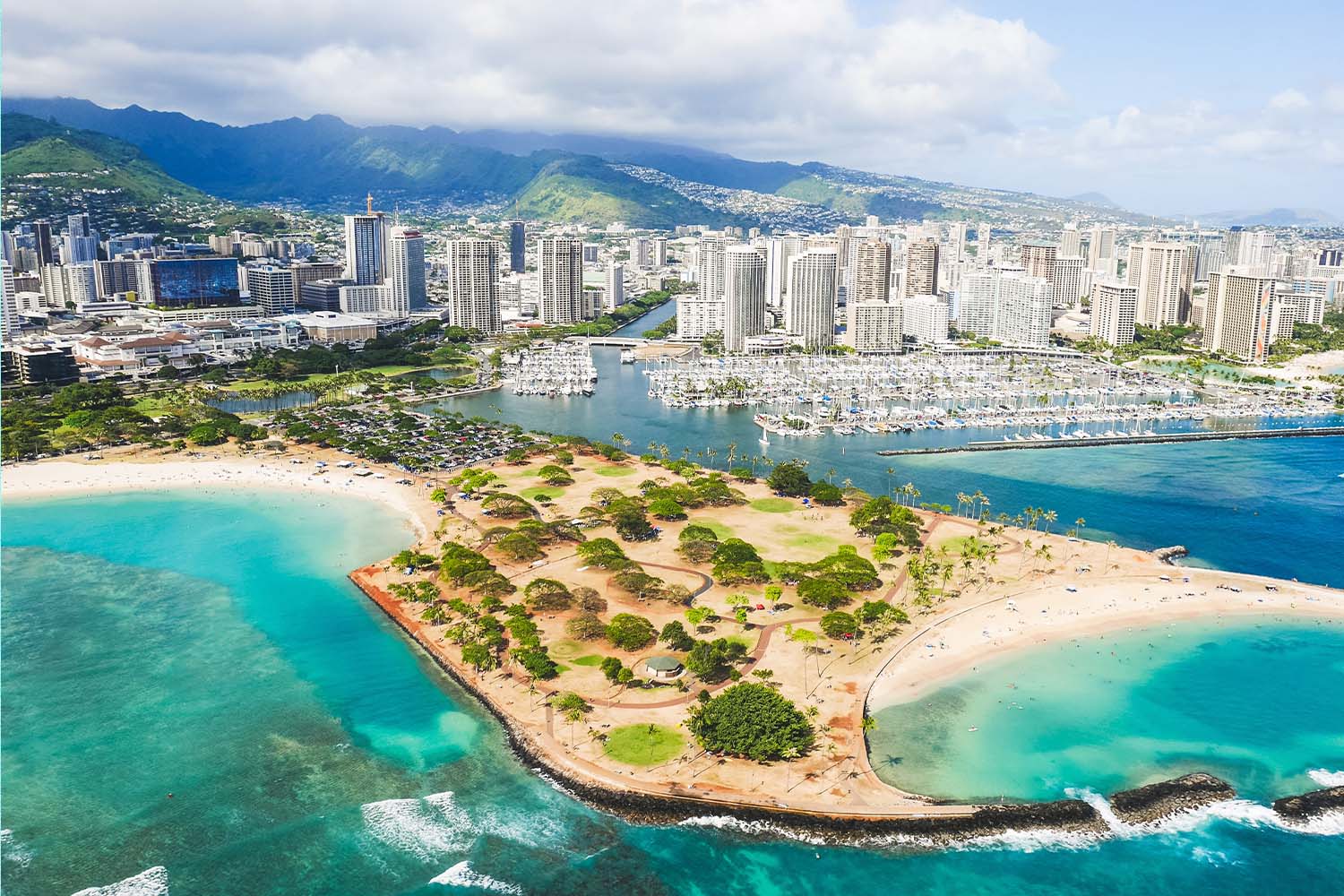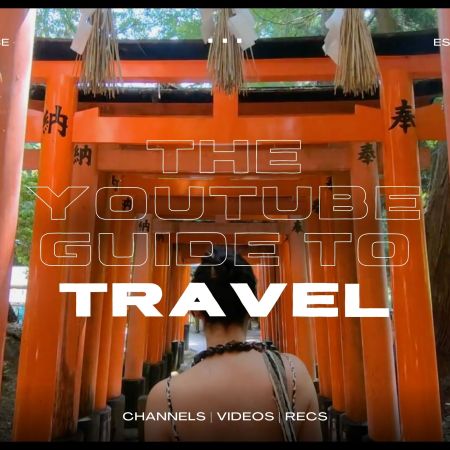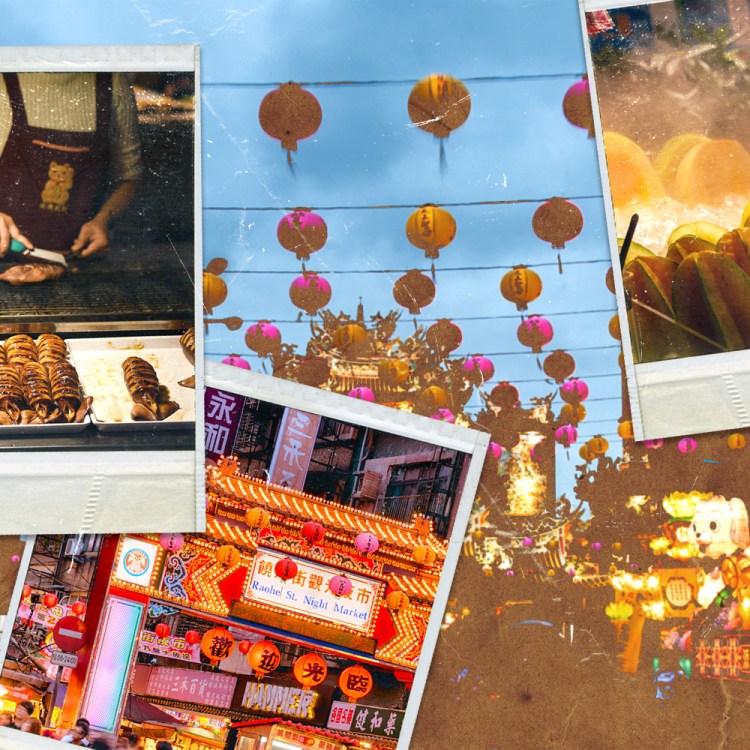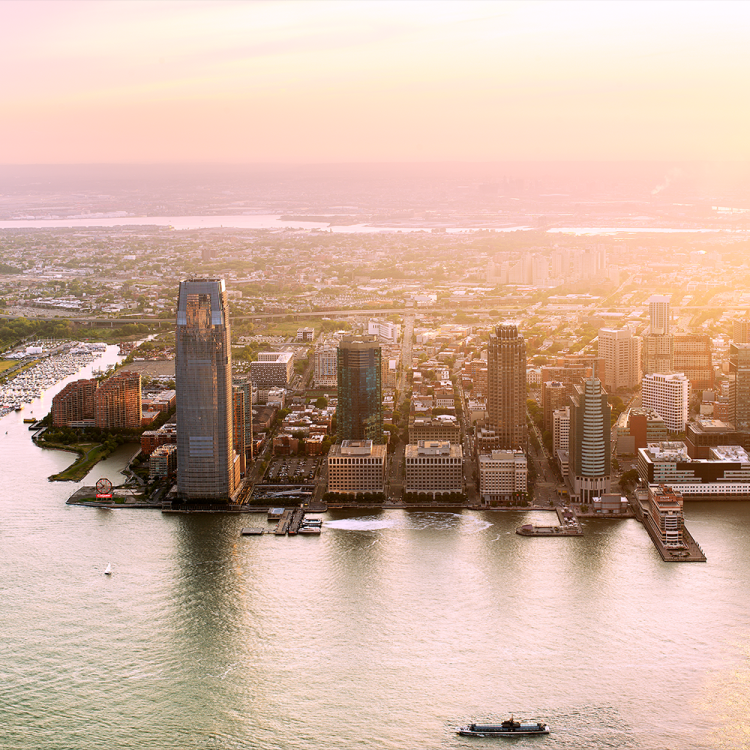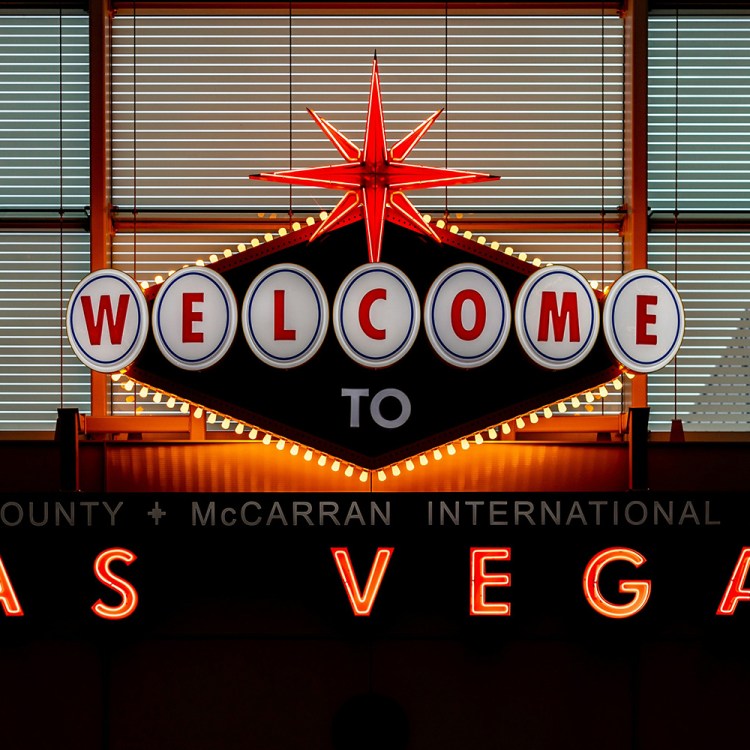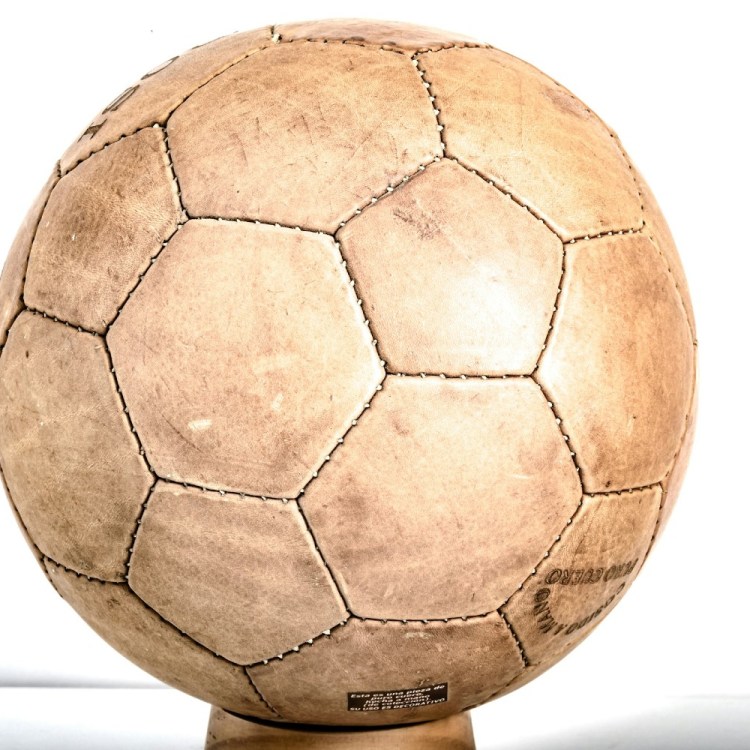At the onset of 2021, experts proclaimed that we were approaching what would be, for a variety of reasons — the vaccines, chief among them — the next “Golden Age of Travel.” The idea was that, after the better part of a year spent in lockdown, people would be jumping at the bit to get back onto the road and into the friendly skies. Bookings would surge, the industry would recover and we would all be better, more mindful travelers for it.
And that did happen…sort of, and for a time. But there were also a lot of highly predictable and unsavory outcomes, too. Airfare at a premium, rental car shortages, labor shortages, cancellations and delays, long lines, long wait times and a record number of inflight escalated incidents to name a few. In the end, it was not only not the golden age of travel everyone thought it would be, it was kind of a total shitshow — one that ultimately carried over into 2022.
All of this to say: it’s been a turbulent return to travel, and not the atmospheric variety. That said, it stands to reason that we could all benefit from a little advice.
Enter Mark Wolters.
Wolters studied abroad 29 years ago, in 1993, and hasn’t stopped traveling since. He’s lived a combined 15 years abroad — he completed his Master’s in Germany and his PhD in Portugal — and has dedicated the better part of his life to helping people travel better.
It’s a unique concept, if not necessarily a novel one in 2022. That said, Wolters started his YouTube channel, Wolters World Travel and Culture, nearly 15 years ago — long before the present day travel TikTokers and Instagram influencers began peddling their highly-filtered and meticulously edited tips and tricks. To date, Wolters has over 200 million views and roughly 900,000 subscribers, all of whom rely on him for straightforward, no frills advice.
“We really focus on honest travel advice,” Wolters tells InsideHook. “It’s travel advice that everybody needs, no matter if you’re a solo traveler that’s going out there for the first time, or if you’re taking the grandparents on an around the world trip, it’s just stuff that can help people travel better. We have lots of different videos, whether it’s culture shocks, the don’ts of going to different countries or cities, what to eat when you go there or loves and hates.”
“[It’s] those things that can seem small, but can really ruin some people’s vacation. So instead of them being surprised in a bad way, it’s like, “Oh, I knew what to expect, ’cause Mark helped me out,’” he says.
Wolters has a very finely honed radar when it comes to all things travel, and we (correctly) assumed that he would be the perfect candidate to share his tips and tricks and, most specifically, how not to be an ugly tourist.
This interview has been edited and condensed for length and clarity.
InsideHook: You’ve been at the YouTube thing for a long time. How did that come into play?
Mark Wolters: I started making the videos because while I was doing my PhD in Portugal, I had some time off, so I went to Italy during one of the breaks. I didn’t know what to do, or see, so I just grabbed a guide book at the Venice Airport — it was like the AAA of Italy’s guide book and it said, “Here’s this city you gotta see.” I’m like, “I’ve never heard of that city, it sounds fantastic.” Palazzo, museums, great food — awesome.
But my friends live in Vicenza, and their families have lived in Vicenza for 500, 600 years, and they told me, “Mark, I’ve never even heard of this town. I’ve never gone there, but it sounds amazing.” That should be my first warning — the people that live by were like, “Never been there.”
So anyway, I end up going there and the Palazzo is closed, the beautiful square is a parking lot and the museum has nothing. It sucked. And I wasn’t so much upset at the book itself, but I couldn’t help but think, “Man, if somebody gets their once in a lifetime European vacation, and they read this guide book, they would come to this town and waste 20% of their once-in-a-lifetime vacation on some crap town because someone got paid to write something nice.
From then on, I wanted to tell honest travel stories. And so I started making the 5 Love & Hate videos. Because, sure, there’s great stuff everywhere you go, but even places like Paris there are issues. No matter where you go in the world there’s good and there’s bad. And it’s not just a safety thing. When I lived in Portugal, at least once a week I’d be sitting in a restaurant and a group of tourists across the way would get all upset because in Portugal you have to pay for the bread, you have to pay for every pat of butter that they give you. They would think it was for free, and there’d always be some kind of fight ’cause they had to pay for bread. I wanted to help people know things like that.
It’s always been prevalent, but now especially it feels like I’m hearing all these stories of people being catfished by a place. They’re traveling to these specific places based on pictures they’ve seen, but they don’t actually know what they’re walking into. Is this because of social media?
Exactly. That’s also, I think, kind of one of the ways where some of the ugly American travelers or ugly tourists are coming from. People think, “I have to get the Instagram shot. It doesn’t matter what I do in the city. As long as I get the shot, the city is worthless.” If you ever go to Austin, there’s the wings — you gotta get a picture, even though the line is like a hundred people long. In Key West, you have to get that buoy picture. I’m like, “You’re gonna waste two hours of your time when you can go see a cool museum, go eat some great food?” They get that one shot, walk away and never get more out of the city.
That propagates this ugly tourist thing. All they care about is the ‘gram, then people see the grams and it looks perfect. I mean, I always laugh when people post pictures from the Great Wall of China and it looks like there’s nobody there. That’s not realistic.
Alternatively, in other cities, there is that one perfect shot, but the rest of the city’s not really worth it. It’s kinda like everyone goes to Pisa to get the leaning tower picture, but if you go to Pisa, it’s not really worth it. I tell people to go stay in Lucca, it’s a way better place and you should just go stay there and have a great time.
So that is one of those things that sadly is hurting travel. I think it’s hurting people’s life experiences. You can have the pretty picture, but give somebody advice with it. “If you’re gonna get that great picture, don’t forget to grab a bite to eat at this restaurant when you’re nearby, or help out this store.” That’s what we do.
One topic that you’ve revisited often is this idea of an “ugly” tourist. What would you say are the identifying qualities of an ugly tourist?
It’s really great how you say “ugly tourists,” not just “ugly American tourists” because Americans get this bad rap a lot of times, because English is a de facto travel language. So whether you’re a Russian tourist, a Japanese tourist, a Brazilian tourist, a German tourist, if you’re having a problem in another country…you’re likely going to defer to English. So everyone just assumes, “Oh, they’re speaking loud and they’re speaking English and they don’t have a British accent — they must be an ‘ugly,’ upset American.” I think that’s really propagated the ugly American tourist thing for a long time. That said, we Americans do have a few things that we do that resonate badly.
One of the big ones is, “I’m gonna speak louder, or slower, because you didn’t understand what I said.” But if they don’t speak the language, they don’t speak the language. Speaking louder is not going to change things.
Also, try one word or two words in the local language, even if it’s just “please” or “thank you.” You can’t imagine how far a “grazie” goes in Italy. Because people are like, “I’ve done all this, I made this great food for you,” and you’re like, “Thanks.” Try, it goes a long way. Have a little respect, learn “thank you,” “yes,” and no. Just those three, and maybe “bathroom, you’ll be fine.” People will be so happy with that.
Another one that gets people is when you start to compare things back to home: “Well, back home, we do this. Back home at home, we do that.” You’re not at home. You’re out traveling, and the point of travel is to see those differences. If you want to have what you have back home, you can travel at home. Stay in your country, stay in your town and travel there — they would appreciate your tourist dollars as well.
And I think one of the newer ones, which is really an ugly tourist thing, is trying to get that Instagram shot. And it’s not just getting the Instagram shot where it’s kind of set up for people, like where they put the wings on the side of a building or something like that. It’s the people that will walk out into the middle of the traffic to get a picture down the Sainte-Lizaigne. You’re not just putting yourself in danger, but those people driving around you in danger, too, and that’s really frustrating people in some of these big tourism markets.
Do you think “ugly” tourists are any more prevalent now, coming out of the pandemic? Why?
Sadly, I do feel that the “ugly” tourist is alive and well after two years of the pandemic. And they may even be a bit “uglier” than before. A lot, I think, comes from the pent-up demand people have for travel. We’ve all been stuck at home, dreaming of traveling again, and now we can! So, the “revenge” travel mentality is in full effect. When we combine this incredible demand with all of the layoffs and downsizing that the travel industry has had to endure to survive, it’s the perfect storm of variables.
It’s frustrating for everyone, because we all are expecting all those tourist destinations and services to be just what they were in 2019, but they aren’t. This is where the “ugly” tourist comes out.
What advice would you give to avoid being an “ugly” tourist?
We all just need to realize that travel is not going to be like it was before the pandemic for a while. We all need to have more patience and more understanding. No matter how upset one gets, that gate agent can’t make the plane come back to the gate, the maître d’ can’t make another table appear out of nowhere and the line into the Louvre won’t miraculously disappear. So having the mentality that things will take longer, and knowing there will be more hiccups along the way, can give travelers a bit more calm in these situations.
What are the best places to go to avoid those kinds of tourists? Or even just tourists in general?
With revenge travel in full swing right now, the top tier cities and sights are swamped with tourists. You can’t walk around the Amalfi Coast or Rome without there being tourists everywhere. That said, if you decide to visit some of the second tier, or less popular, destinations you can still get a great cultural experience without the thousands of other tourists around you.
We spent time in Puglia in the south of Italy, and after being run over by tourists at every step on the Amalfi Coast, it was so refreshing to be able to walk up and get a seat at a restaurant, go visit St. Nicholas’ tomb without a line out the door and get to talk to the old ladies making the orecchiette pasta in the streets uninterrupted. Similarly, in Bari we visited Alberobello and Matera — two UNESCO World Heritage sights — with just a few tourists around. It was such a more relaxing and enjoyable experience that we ended up spending more time there than originally planned in order to take advantage of the extra elbow room. So, it comes down to picking alternative spots that people haven’t been dreaming about for the past two years.
What about advice you would give to tourists who are flying, given the current state of air travel?
You need to pack three things for your flights for the next few months, one is patience. Patience because the check-in lines are longer, the security lines are longer, the passport control lines are longer, the wait time for luggage is longer and you need to keep that blood pressure down. Another is kindness. Those gate agents and flight attendants are run ragged, and having a passenger or two be kind to them can go a long way.
Second, only pack a carry-on. With all the luggage delays and lost bags, it’ll be easier on you and the system. You don’t need to take ten outfits for a three day trip. You don’t need the kitchen sink when you are flying to Florida for fun. Pack light.
Lastly, you need to think about your timing. Book early, and book that morning flight. Not only are there less delays in the morning than in the afternoon, but if there are hiccups, you’re on the earlier flight, which will give you more time in the day to deal with them. Also, give yourself more time to get to your gate, give yourself extra time to get to the airport. Maybe check online, give yourself plenty of time for your connections. With all of the delays planes are facing, that 45 minute connection in Atlanta — which was no problem before — may now be a problem. So be aware of that when you are booking flights with connections, and if you can book a direct flight, it may be best to just pay the extra to fly direct.
What are your personal favorite destinations to travel to?
There are so many great places to visit around the world, but one of my favorites is Rwanda in East Africa — the people were incredible, the nature, seeing the gorillas, etc. My oldest son and wife fight over who will go back to Rwanda first, they loved it so much.
Then there’s Brazil. I lived there for a time and just fell in love with the people, the food and nature there. I feel bad because Brazil has such a bad reputation for travelers, but it has so much to offer. It’s such a large country, and you can really get a lot of different experiences there.
You talk a lot about travel “don’ts.” If you could boil that down to just one, all-important “don’t,” what would it be?
Don’t be a jerk.
This article appeared in an InsideHook newsletter. Sign up for free to get more on travel, wellness, style, drinking, and culture.
